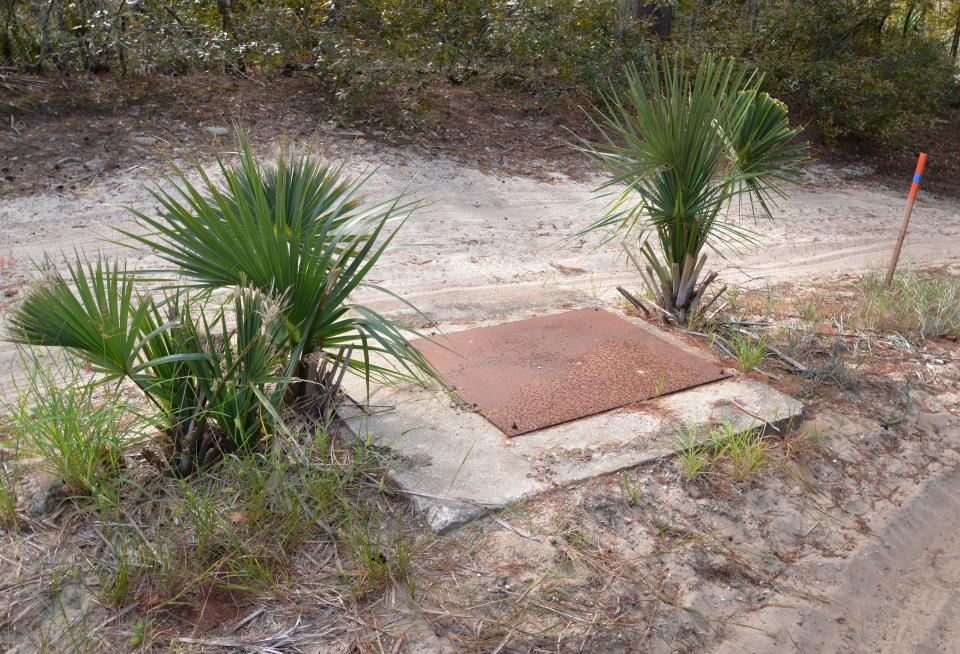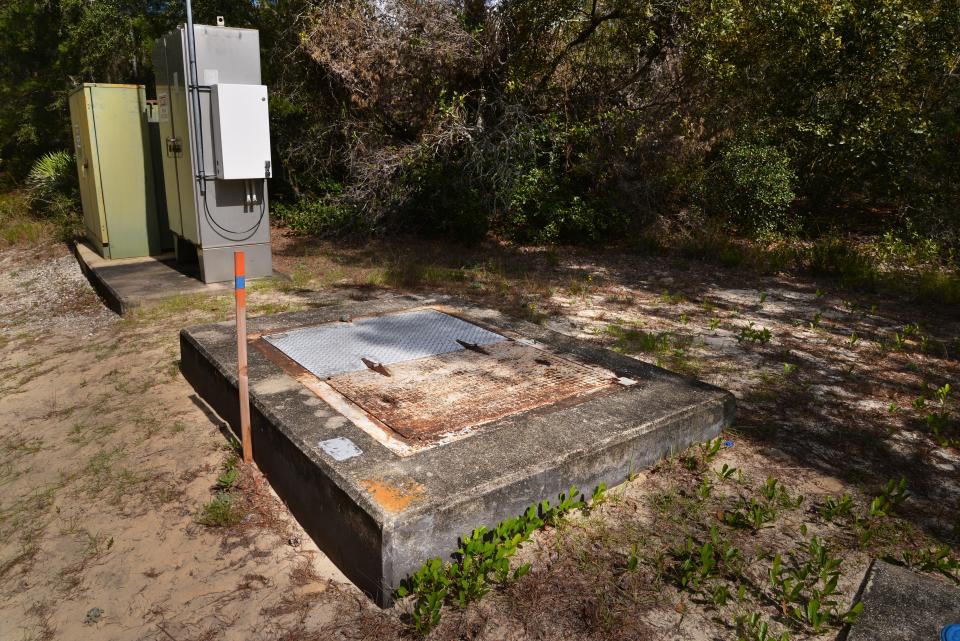Titusville hopes to tap drinking water settlement on 'forever chemicals'
Titusville plans to test the city's wells for "forever chemicals" toward the prospect of tapping into multi-billion legal settlements involving more than 300 local governments seeking reimbursement for costs to cleanse those chemicals from municipal drinking water.
It's uncertain how much Titusville might get, but other cities anticipate millions to remove "forever chemicals" from their drinking water systems.
On Oct. 24, the Titusville City Council unanimously voted to conduct the necessary well tests that would enable the city to qualify for settlement money from the class action settlements against the 3M Co. and DuPont. Lawsuits proved those companies played a key role in nationwide groundwater contamination from so-called per- and polyfluoroalkyl substances (PFAS) .
"I would like to see them bear their burdens, the companies, because I agree: They knew about it. They didn't stop it," City Councilwoman Jo Lynn Nelson said before the city's vote.
Judge sides again with Titusville voters in 'Right to Clean Water' ballot case
Forever chemicals are everywhere scientists look

Last year, federal regulators stunned scientists and local officials nationwide by releasing new health advisories for toxic "forever chemicals" know to be in thousands of drinking water systems nationwide. The U.S. Environmental Protection Agency in 2022ncut the safe level of a chemical called PFOA by more than 17,000 times what the agency had previously said was protective of health, to now just four "parts per quadrillion." The safe level of a sister chemical, PFOS, was reduced by a factor of 3,500.
But those levels are guidelines that EPA does not yet force local governments to enforce.
UF finds PFAS in Indian River Lagoon seagrass
The city of Stuart is key among about 300 communities that several years ago sued chemical manufacturer 3M Co. and other companies over the potentially harmful compounds used in firefighting foam and other consumer products. The city expects to recoup millions from the settlement agreement.
The 3M settlement would be paid over 13 years and could reach as high as $12.5 billion, depending on how many public water systems detect PFAS during testing that EPA has required in the next three years, according to TCPalm. The payment would help cover costs of filtering PFAS from systems where it’s been detected and testing others.
"This is giving us an opportunity to test early onto the wells," Titusville Public Works Director Kevin Cook said. "This is for public water systems only."
The estimated cost to test some 55 city wells will be between $30,000 and $36,000, city officials said, which may be reimbursable under the terms of the PFAS settlement agreements.
Cook said the city's testing to date has been limited to finished water entering the water distribution system from the city's water treatment plant and from water the city gets from the city of Cocoa.
"Individual well sampling will be part of the future testing," Cook said via email.
EPA has set no maximum contaminant levels for PFAS. But the new health advisories will increase public pressure on local utilities to reduce the chemicals in their water supplies.
PFAS get into drinking water and the Indian River Lagoon from contaminated soil, sewage, reclaimed water, biosolids and countless consumer products. Experts say there’s no cheap or easy way of getting them out of drinking water or the environment, or of even measuring them.
PFAS also are known as "forever chemicals" due to their stable chemical bonds — some of the strongest in nature — which make them extremely resistant to breaking down into less harmful compounds in the environment or the human body. They have been linked to different types of cancer, low birthweights, thyroid disease, high cholesterol and other health ailments.

PFAS can even blunt the effectiveness of vaccines, including those against COVID-19.
Scientists are just beginning to unravel and understand the compounds' effects in nature and on humans. And they are being found everywhere scientists look for them in the environment. PFAS are known to contaminate the drinking water of an estimated 200-plus million people, according to the nonprofit Environmental Working Group, which published an analysis in late 2020 in the journal Environmental Science & Technology Letters.
Similar to lead and mercury, EPA in effect now say any detectable PFAS is unhealthy to consume over the long term. But for many of the health outcomes, a direct cause and effect is unknown or unclear.
The chemicals can remain in the body for decades with indeterminate consequences. Thousands of PFAS compounds aren’t even yet measured, so the combined long-term toxic effects also remain uncertain. Most uses of PFAS were voluntarily phased out by U.S. manufacturers in the mid-2000s. But there are limited ongoing uses.
Jim Waymer is an environment reporter at FLORIDA TODAY. Contact Waymer at 321-261-5903 or jwaymer@floridatoday.com.
This article originally appeared on Florida Today: Titusville hopes to tap drinking water settlement on PFAS

